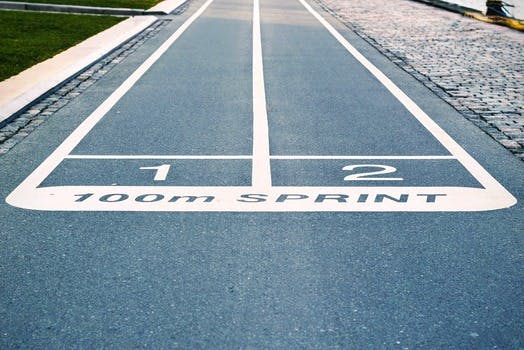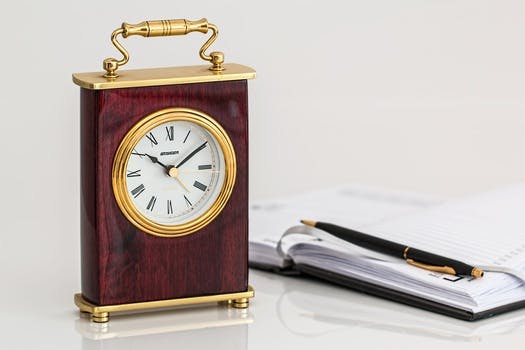In creating my own career development plan, I’ve realised the importance of aligning my career with personal development goals. Also, everyone should possess this skill. At the end of the day, we’re the masters of our own careers. We owe it to our future success to do this.
Your company’s goals should align with yours
Before building a personal career development plan, determine if it agrees with that of the company you work for. Be sure it already aligns to your specific role. That way, you can have a great starting point.
This will help you align the company’s goals with the goals you’ll put in place for your own personal career development plan. If there isn’t a career development plan specific to your role, don’t worry. It really isn’t a train-smash.
The career development plan from your company will not be the be all and end all of your career. But it provides a good start for establishing your short to medium term goals, and how to achieve them.
Determine what your goals are
The first step in putting your plan to paper is determining what you ultimately want to achieve.
This process might seem tedious at first, as it requires a considerable amount of effort and thinking. However, knowing the end goal lets you clearly define the intermediate steps to getting there.
Strategise
How you craft your end goal is up to you. One may model themselves after someone they look up to. Others may visualize it in their mind’s eye and work towards a ten to twenty-year projection. Some may decide to dwell on what’s most important and what they’re passionate about.
You may actually combine the first two examples, creating a model of yourself. I’ve been using the latter to help guide me to envision my end goal. I also believe as the years go by, this image of yourself will change, and so will your goals.
Set timelines
Once an end goal has been set, finding the intermediate steps could be done. Ask questions about what you need to do in the next year, two years or three years to get to the end goal. I’ve found that this helps in answering the questions of where I want to be in the very short term, and ultimately the long term.
The time frames here can be different for different people. Others may be comfortable with monthly time frames, while others could be more comfortable thinking in years.

As I’ve said before, this process may seem difficult at first. But once you start putting goals on paper and executing them, it’ll help you have a sense of control over your own career.
Set comprehensive goals
A good career development plan is one that spans over different areas of your life. It’s important to note that a personal career development plan will include setting goals for your career, finances, physical/body, social and personal goals.
These categories may also be divided according to short, medium and long-term goals. To actually make your plan as comprehensive as possible, your goals are also divided over three and six months (short term). One and three years would be considered your medium term goals and five and ten years are your long term goals.
For a category like career, you should have a comprehensive plan and you’d need to set the short, medium and long-term goals. Under each time period, you ask yourself what you want to specifically achieve for that particular category in three months, six months and so on.
Once you’ve established what you want to achieve, you’ll need to answer why it’s important for you to achieve this and if it speaks to your core. There are various questions you can ask yourself until you fully understand your goals and why and how you can achieve them.
Keep track
It’s well known in management circles that you can only control what you measure. The next step in taking control over your goals is keeping track of them. The onus is on you to make sure that your goals are constantly updated.
In six months to a year, your goals might have changed. Putting this on paper is important because it shows you the transition in your life, from where you initially thought you’d want to be to what you have become or wanting to do. Keeping track helps show growth.
 Finally, it’s important to be transparent with your plan and to also remember it is as important as setting goals. Treat your goals like chains and be bound by them.
Finally, it’s important to be transparent with your plan and to also remember it is as important as setting goals. Treat your goals like chains and be bound by them.
Your career development plan is meant to be a guide that can be amended when needed. With that said, however, changing your short, medium or long-term goals shouldn’t stem from laziness.
Rather, the changes should be necessary in aiding the achievement of set goals. After all, it is your guide to navigating through all spheres of your life.
